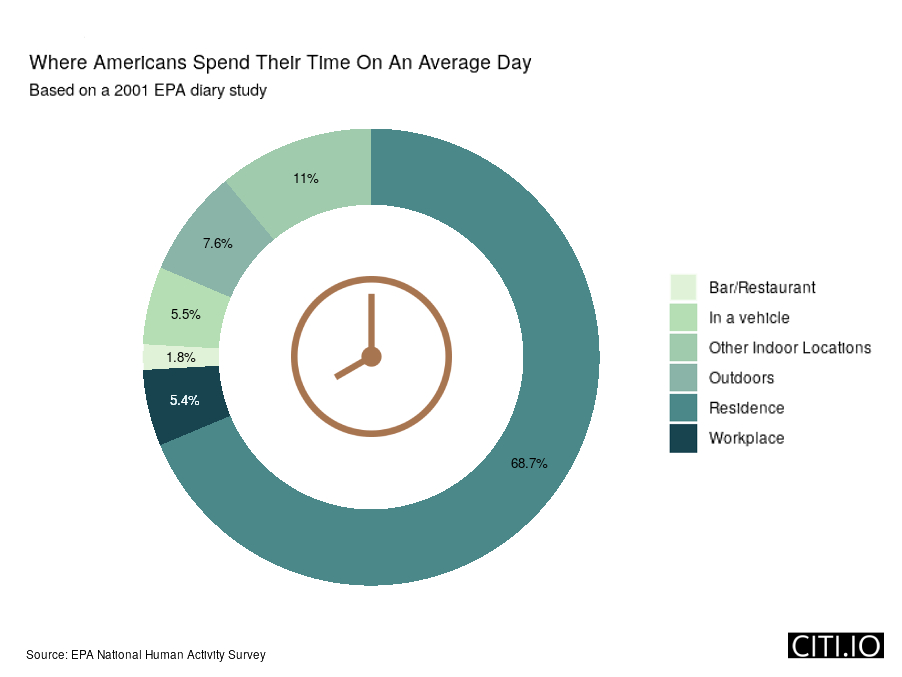With people staying in their homes, we must prevent a crisis that’s growing alongside COVID-19.
The COVID-19 pandemic has forced people to stay in their homes in compliance with nationwide social distancing measures across the world.
With much of their activities restrained, a lot of people have been wanting to go out so badly, yearning for the social interactions that can be found beyond their doorsteps.
A new pandemic?
This yearning is perfectly understandable. A 2001 diary study of the U.S. The Environmental Protection Agency (EPA) revealed that a huge chunk (31.3%) of the daily activities of Americans are spent outside their homes.
From our partners:
With people not permitted to go to their workplaces, outdoors, or the typical indoor locations like bars and restaurants where they can socialize or be entertained, most — if not all — of their daily lives are now conducted inside their homes.
This lifestyle of isolation has become the norm in the midst of this pandemic, and many are having trouble adjusting. Given this, the imposed lockdowns have triggered the growth of another crisis alongside COVID-19: mental illness.
Physical distancing and mental health
A report from JAMA Internal Medicine examined the effect of COVID-19 and physical distancing on people’s mental health.
“In the context of the COVID-19 pandemic, it appears likely that there will be substantial increases in anxiety and depression, substance use, loneliness, and domestic violence; and with schools closed, there is a very real possibility of an epidemic of child abuse,” author Dr. Sandro Galea and colleagues wrote in their report.
From the observations of Dr. Galea and his coauthors in the 2003 SARS epidemic, increases in post-traumatic stress disorder (PTSD), stress, and psychological distress were also present among patients and clinicians. This means that the impact of the COVID-19 on mental health is likely to persist long after the lockdowns have finally been lifted.
Intervention
Given these consequences, they proposed three steps which can be undertaken as early intervention.
01. The use of digital platforms in order to bridge the social distance and maintain contact with people
02. Implementation of surveillance, reporting, and intervention mechanisms for domestic violence and child abuse
03. cases as protection for those who are at risk.
Strengthening the mental health system by taking advantage of less traditional methods like tele-mental health services and virtual visits
This pandemic is also challenging our existing systems of mental health care. This brings into light the importance of flexibility in the provision of psychological services in order to ensure that everyone who needs help can access it.
While mental illnesses are not as visible as physical ones, they are as harmful. Once the COVID-19 pandemic is contained, we cannot allow a pandemic of mental illness to plague us right after. We must come up with creative ways to deliver mental services. As early as now we must also be planning on how we can help people cope with the anxiety and stress that will remain even when COVID-19 is no more.














